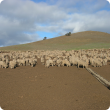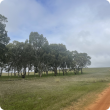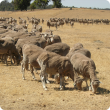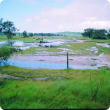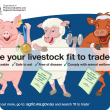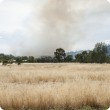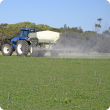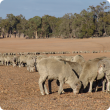Filter by regions:
- (-) Remove South West filter South West
- (-) Remove Wheatbelt filter Wheatbelt
- Great Southern (827) Apply Great Southern filter
- Mid West (761) Apply Mid West filter
- Goldfields-Esperance (699) Apply Goldfields-Esperance filter
- Peel (699) Apply Peel filter
- Perth regions (560) Apply Perth regions filter
- Gascoyne (487) Apply Gascoyne filter
- Pilbara (450) Apply Pilbara filter
- Kimberley (447) Apply Kimberley filter


